The only three skills that matter in your development project team!
Architecture attracts the great and the good; sitting somewhere between art and science it’s billed as a high profession for academics, artists and engineers alike but for all the noise and pretensions that are thrown about there are three essentials you should be sure your architectural and your wider project team has.
I make this rather bold proclamation on the basis that their design and technical skills are established. That said there are rogues out there, so always worth giving yourself a little comfort in this area, but without these three skills all the design and technical talent in the world count for nothing,
1. The ability to listen

Sounds ridiculous I know but it’s an underused and undervalued skill. Every client and every project is different. The client’s attitude to risk, their expectations, their ambitions, their experience and their knowledge all vary enormously. Some clients have an ethereal idea and want to be led on how this takes form, others know exactly what they want and we’re just there to deliver, but listening, often to what they don’t say as much as what they do, is the key to taking the project in the right direction.
From the first glimpse of the project, your designer starts to form a vision of what could be. Some live to create towering steel and glass, others were championing low-energy design years before teenagers were lecturing the UN. Now we’re seeing vertical forests, towering timber structures and plans for entire cities built in the sand. There has never been a limit to our imagination and now technology is allowing us to deliver but ultimately, we’re there to respond to our clients’ needs so, we need to know how to listen.
2. The ability to question

Questioning is proof that your designer is listening. Through questioning comes clarity and understanding so if they’re not asking questions either they’re not listening or congratulations, you’ve discovered a psychic. What are your ambitions? where are you on the risk v reward spectrum? what outcomes do you need? What’s your budget? what is your program? who are your users? what are their needs? how do you want to build? who are your project team?……… You get the picture.
There are no simple projects and always so many variables, if questions aren’t being asked you have to ask yourself, ‘Do I know what’s being missed? if questions aren’t being asked you create unnecessary risk. Warren Buffett sums it up beautifully with the line
’Risk comes when you don’t know what you’re doing’.
If your design team isn’t asking questions, how can you be sure they know what you need, how can you be sure they know what they’re doing?
3. The ability to communicate

This is the most obvious one of all and, with the joy and celebration of our magnificent designs, we sometimes lose sight of it. Your project team can produce the most sophisticated CGI animation or a simple set of construction details but when it comes down to it all they’re doing is communicating that idea for others to understand.
Be sure your design team can do this in the right way, for the right audience, and all will remain clear. It’s important to recognise that communication of an idea to an investor is different to a planning department, is different to a contractor, is different to an end user.
If they’re clear in what they need to say, they’re clear in how they say it, and the ideas that started in their head will flow through your development team like water.
Listen | Understand | Communicate. If the design team gets this right the project will fly.
